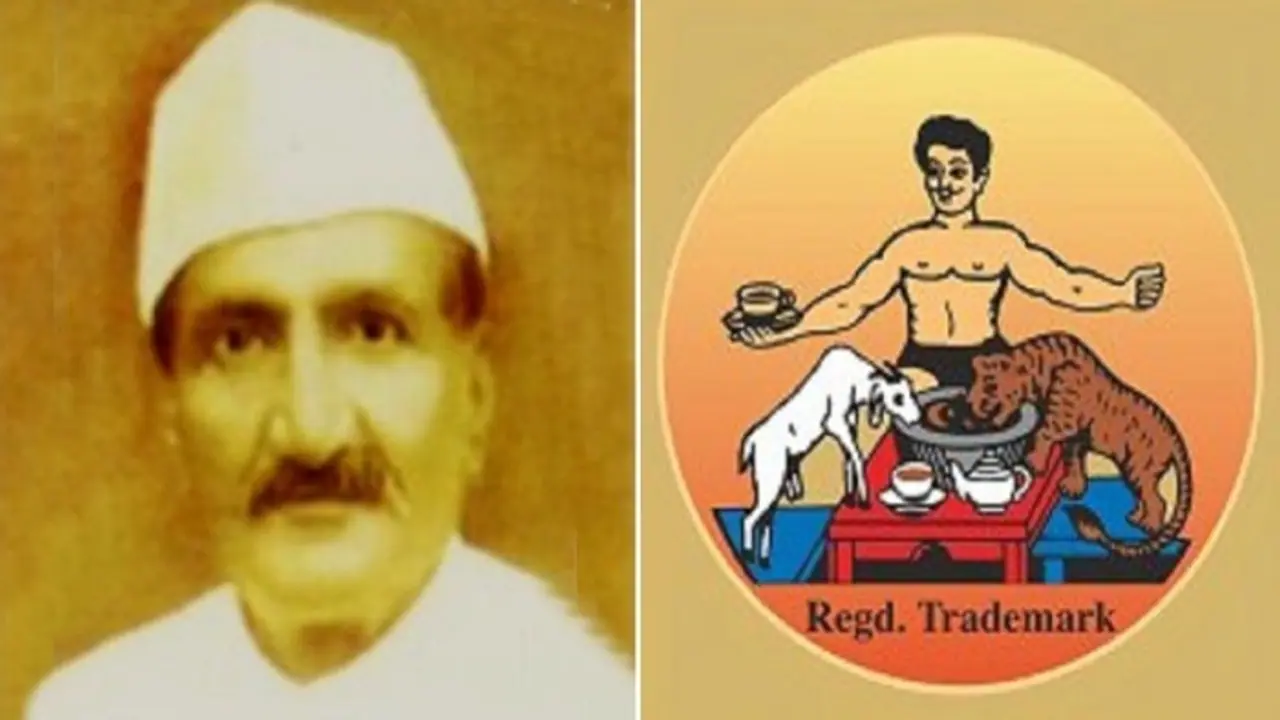On International Tea Day, we revisit the inspiring journey of Wagh Bakri Tea, a brand born from Mahatma Gandhi’s vision, that used chai to fight caste divisions and promote equality, harmony, and national pride.
Today, May 21, is International Tea Day, a celebration of the world’s most loved beverage. But in India, tea is more than just a drink! It's an emotion, a memory, and a movement.

Cutting chai, masala chai, Kashmiri kahwa, lebu cha or lal cha, there are countless varieties of tea across India. But they all have one thing in common: they bring people together. Whether it’s morning, evening or a midnight break, tea in India is not just about flavour or caffeine. It is about sharing, of snacks, of ideas, of joy, and even silence.
In fact, the word adda, for informal conversations, has become part of the Indian tea experience. From roadside stalls to elite clubs, from political corners to college campuses, chai acts like social glue in a country defined by diversity.
And in this shared ritual lies the extraordinary story of Wagh Bakri Tea, one of India’s most iconic tea brands that didn’t just sell tea, it sold an idea of equality, harmony and justice.
A tea story that began in colonial South Africa
The roots of Wagh Bakri Tea go back to 1892. A young Indian entrepreneur named Narandas Desai started a tea plantation on 500 acres of land in Durban, South Africa. But his journey was not easy. Colonial racism and political unrest forced him to leave South Africa.
He returned to India in 1915, carrying little more than memories, some valuables, and a certificate of recommendation from Mahatma Gandhi, who praised Desai as a successful tea planter. Gandhi’s support wasn’t just personal. It reflected a bigger dream of building a Swadeshi (homegrown) business that promoted fairness and unity.
A tiger and a goat drinking tea together
In 1919, Desai founded the Gujarat Tea Depot in Ahmedabad. But it was in 1934 that the brand took on the name and identity it’s now famous for Wagh Bakri (Tiger-Goat).
The logo, which shows a tiger and a goat sipping tea from the same cup, was more than clever branding. It was a powerful social message that caste, class or religion should not divide us. Everyone, regardless of background, could drink from the same cup. In a society deeply divided by caste at the time, this was radical.
Wagh Bakri used its tea to quietly but effectively promote social equality, decades before corporate social responsibility became a trend.
From loose tea to national fame
Until 1980, Wagh Bakri sold loose tea in wholesale and retail markets. But the tea industry was changing. So the company rebranded itself as Gujarat Tea Processors and Packers Ltd. and moved into packaged tea.
This shift, along with consistent quality, helped the company expand across Maharashtra, Rajasthan, Uttar Pradesh and beyond between 2003 and 2009.
There were challenges. For instance, people in non-Gujarati speaking regions found the name “Wagh Bakri” unfamiliar. But the powerful logo, strong aroma, and great taste helped the brand win over new tea lovers.
A brand rooted in gratitude and unity
Wagh Bakri’s commitment to social good did not stop at its logo. In 2002, then-CEO Piyush Desai revealed in a public statement that the business may never have survived without a large loan given by a Muslim friend of his grandfather, a gesture he described as a debt of love and humanity that could never be repaid.
This story, featured in American philosopher Martha Nussbaum’s book The Clash Within, reminds us that beyond profit, some brands are powered by people and principles.
Even marketing experts recognised this. Philip Kotler, the father of modern marketing, included Wagh Bakri in the 14th edition of his book, Marketing Management (2013), alongside Amul and Moov, as an example of meaningful Indian branding with a social message.
Brewing success with soul
Today, Wagh Bakri is among India’s top tea brands. With a turnover of over Rs 1,500 crore and distribution of over 40 million kilograms of tea, it serves millions across India from Rajasthan and Goa to Karnataka and beyond.
Yet, what sets Wagh Bakri apart is not just its flavour, but its founding philosophy that a humble cup of chai can bring a tiger and a goat to the same table, and perhaps, people too.


